An unsecured business loan might be described as a traditional form of business finance.
Recent years have seen a number of new products and innovations in the business finance market, but there are still a number of reasons why a traditional business loan might be the right option.
No assets are required as security
As the name suggests, with this type of loan, you don’t need to provide a property or another business asset as security for the loan, meaning your business assets aren’t put at risk.
Access funding quickly
The application process is typically much faster than for a secured loan, so you might receive the funds within a few days of commencing the process. Businesses that have obtained these loans have commented on how little paperwork the lender requires, with the process often completed very quickly online.
Fixed repayments
Interest rates on unsecured business loans usually have fixed rates. This means that your payments won’t change during the term, allowing you to budget easily.
Shorter repayment terms
The normal term of an unsecured business loan is between one and three years, so you won’t be burdened by having the debt over an extended period.
Lower upfront costs
The costs associated with unsecured loans can be lower than for secured loans, as with unsecured arrangements there are no legal or valuation fees to pay.
Use the funds for any purpose
With an unsecured loan, the lender won’t impose any restrictions on what the loan funds can be used for. This means that you can borrow for any number of reasons, which might include boosting working capital, purchasing stock and equipment, recruiting new staff, expanding into new premises, launching new products and services, etc.
It’s a competitive market
There are a large number of lenders offering unsecured business loans, allowing you to shop around for the lowest interest rate and a repayment term that suits your circumstances.
How does an unsecured business loan work?
Unsecured loans are very simple arrangements. You might be able to borrow up to, say, £500,000, although how much you receive will depend on whether the lender thinks you will be able to afford the repayments.
You then repay the amount borrowed, plus interest, in installments over a set term. The typical repayment period might be anything between one and three years. Normally, you would make monthly repayments, although some agreements will ask for quarterly repayments.
The interest rate you get will be dependent on factors such as how long you have traded for, your turnover, and your credit history.
Disadvantages of unsecured business loans
We’ve already looked at what the benefits of unsecured loans might be. However, other characteristics of these loans that you need to be aware of include:
- While the lender doesn’t require a business asset to be provided as security for the loan, they might ask for a personal guarantee from one or more directors
- Any failure to make the scheduled repayments is likely to be shown on your credit report, thus making it harder to obtain credit in the future
- Interest rates will be higher than for secured loans
- If the business owner has a poor personal credit history, it may be difficult to obtain this form of funding
- Loan amounts are usually smaller than for secured loans, so unsecured loans might not be a viable option for funding large-scale projects



